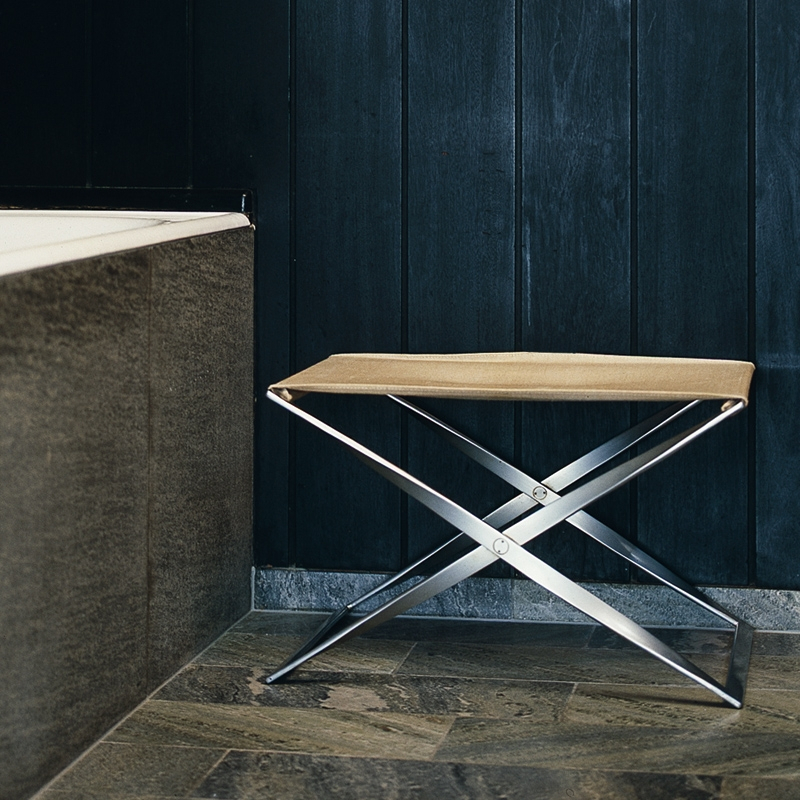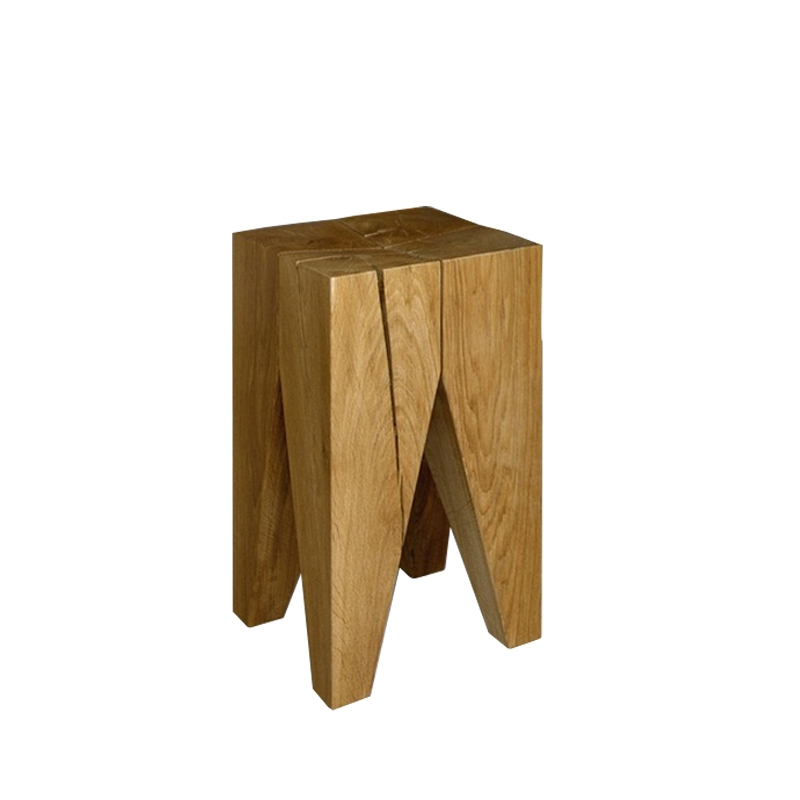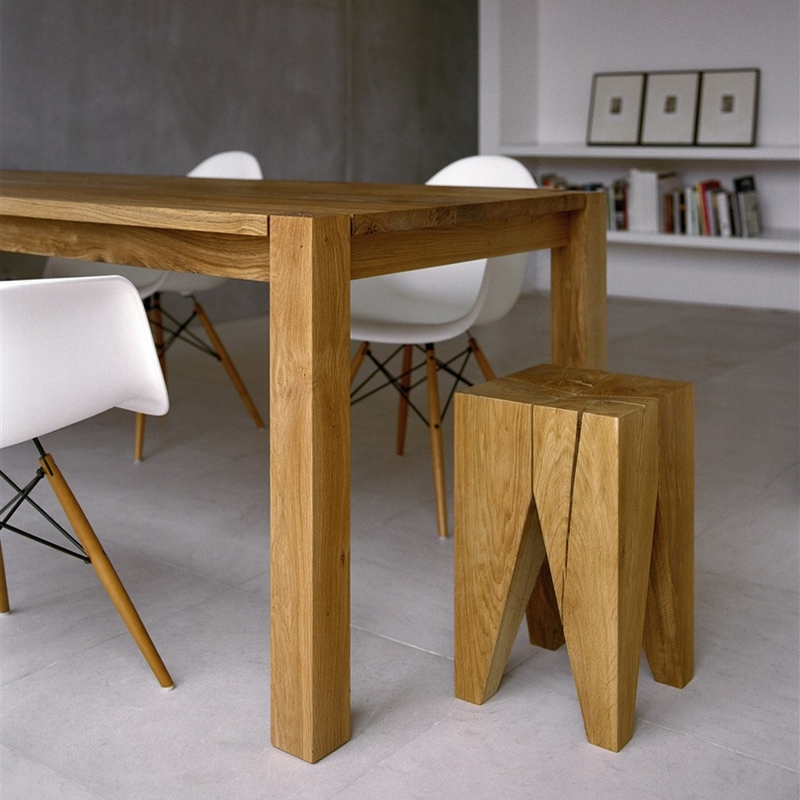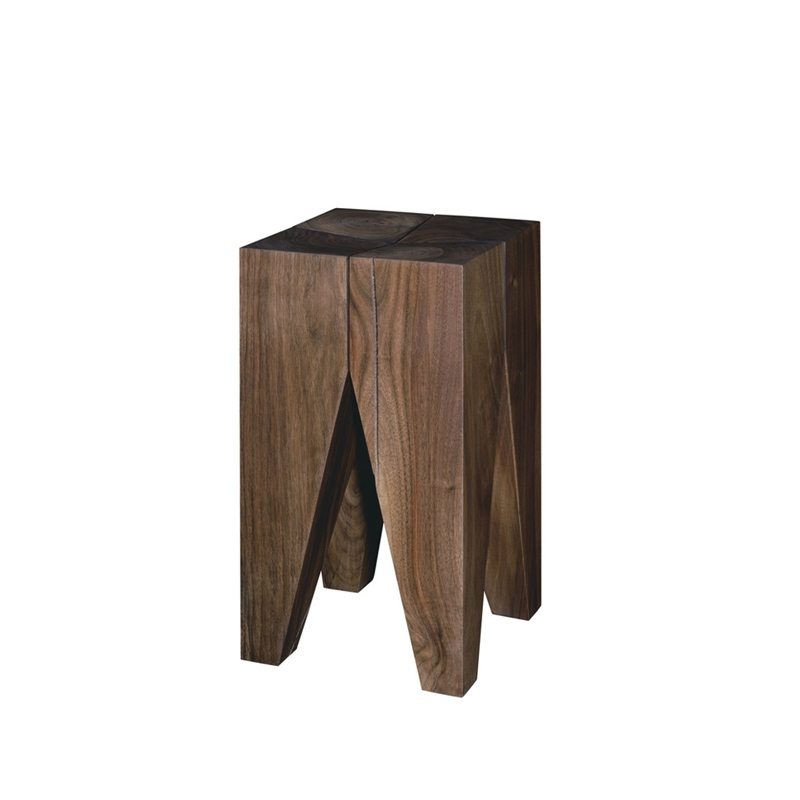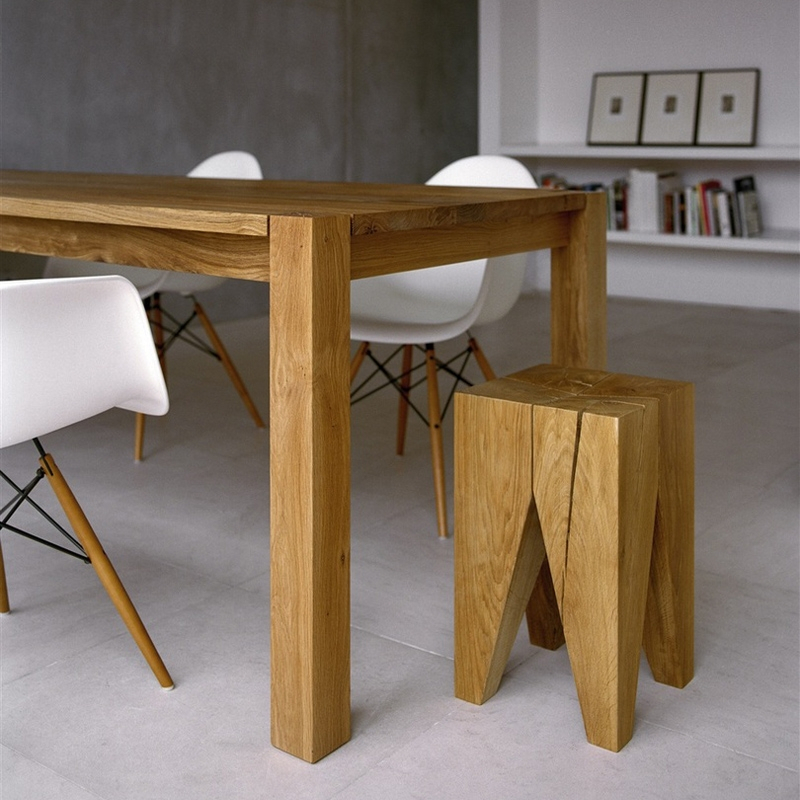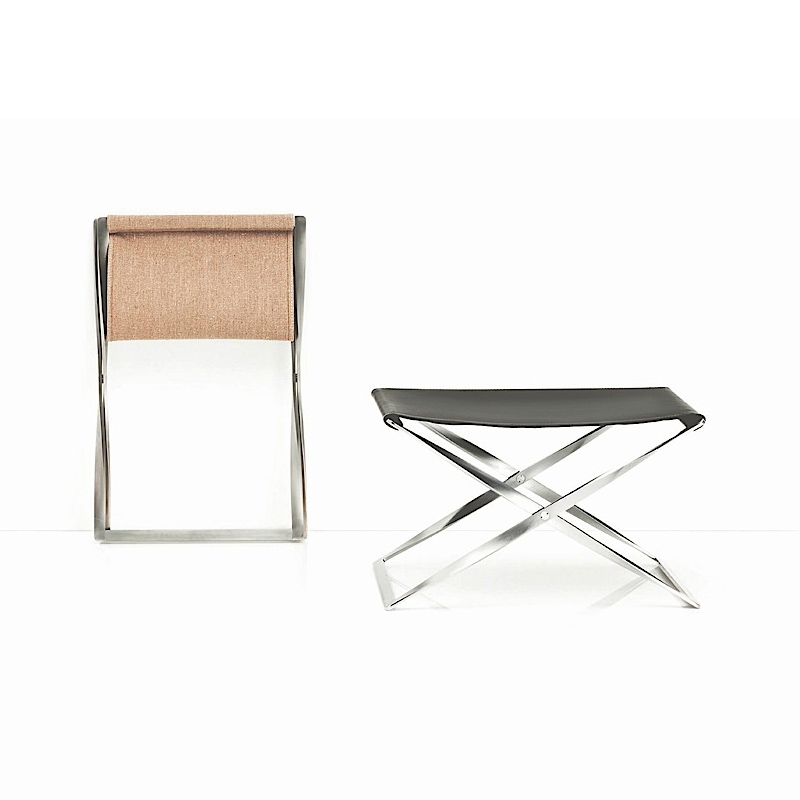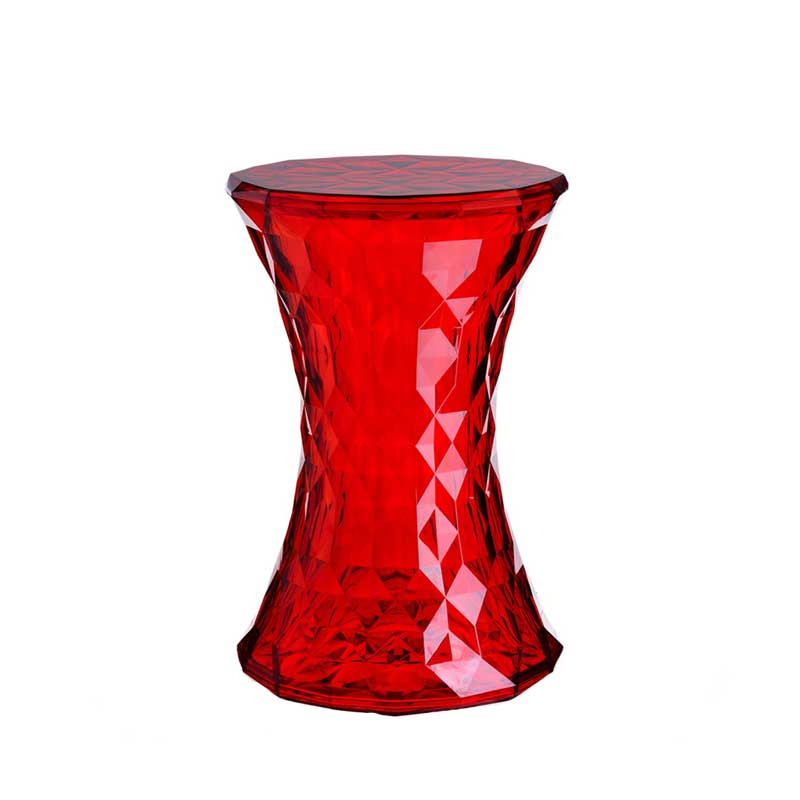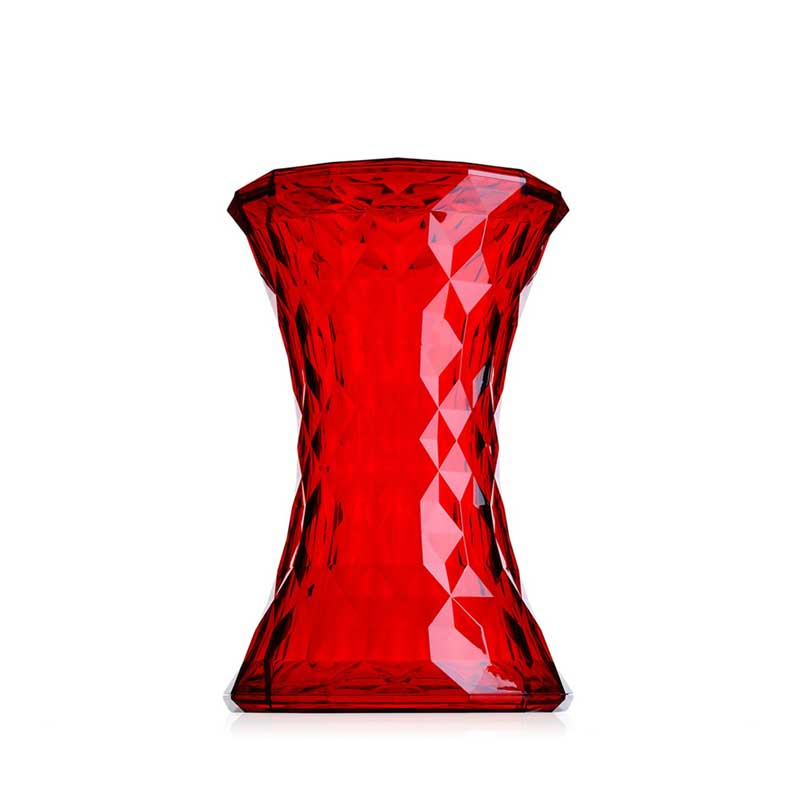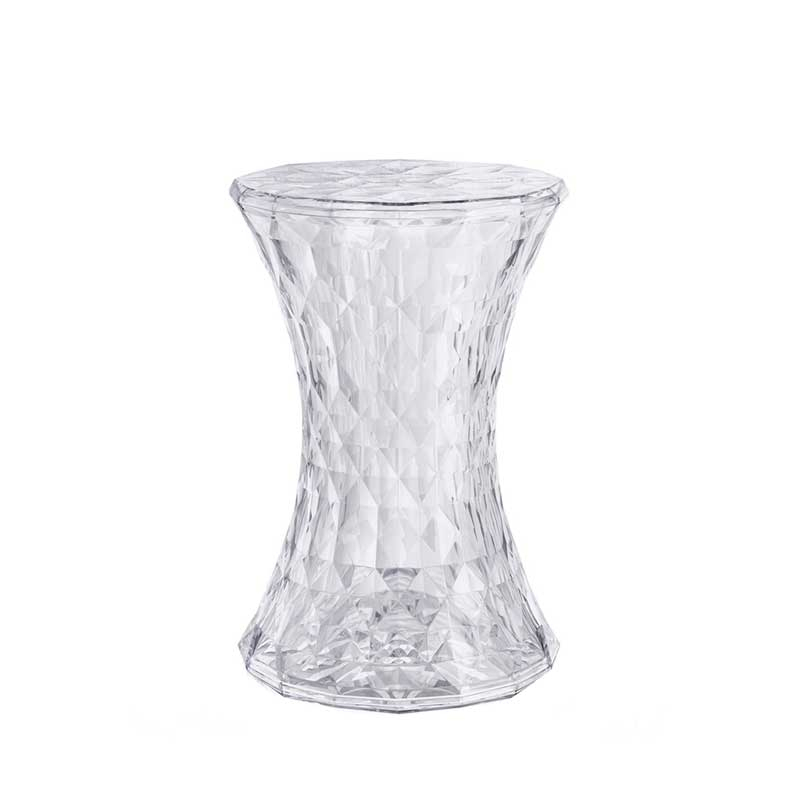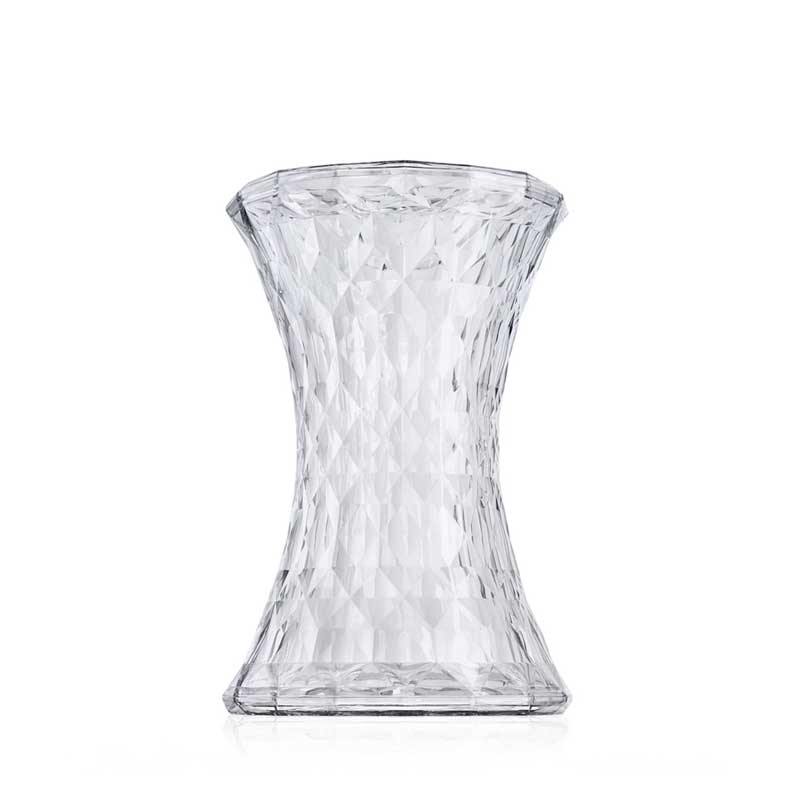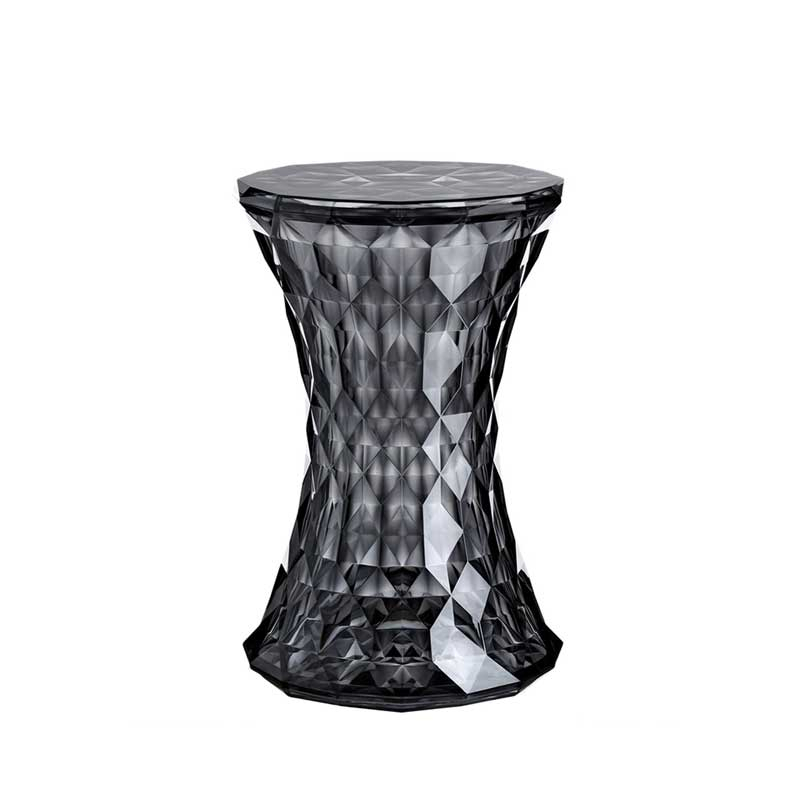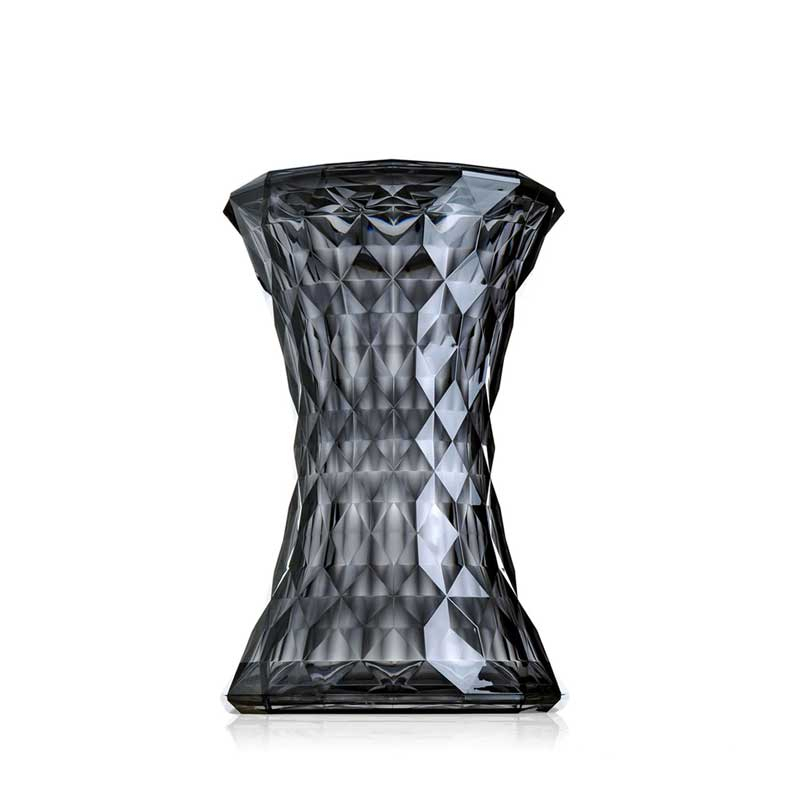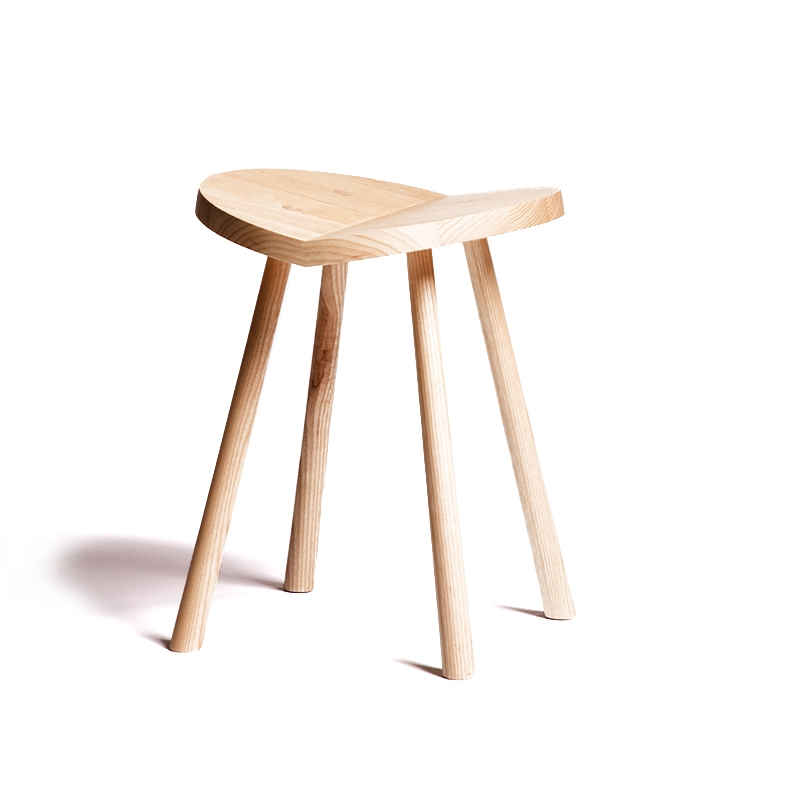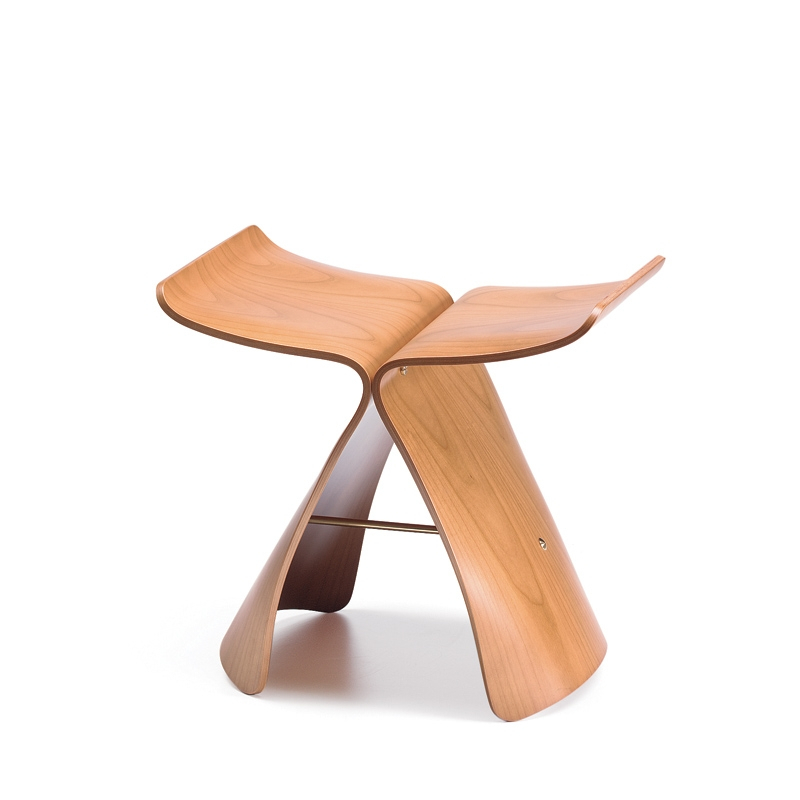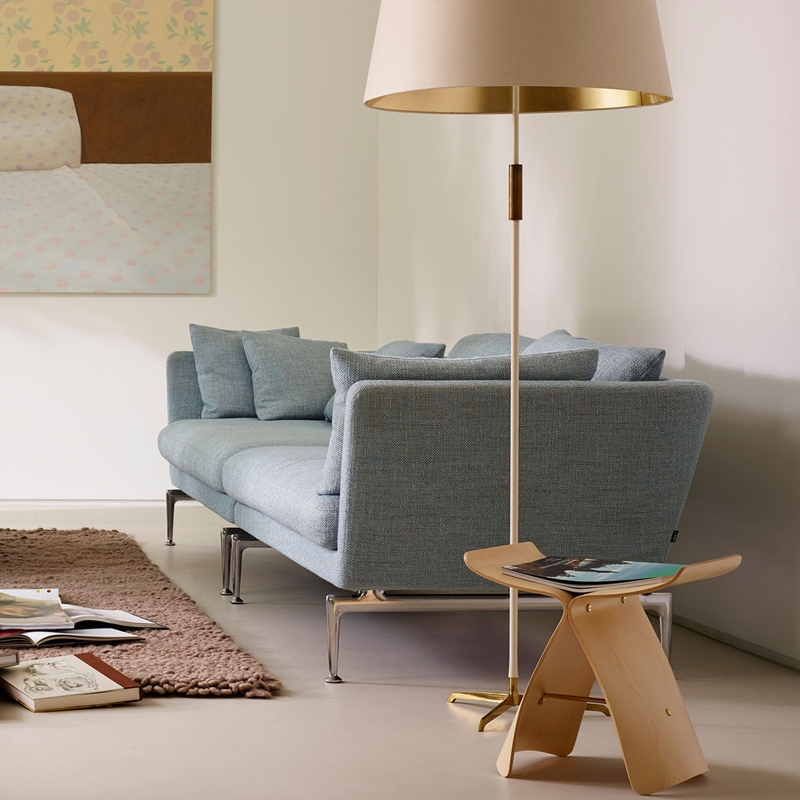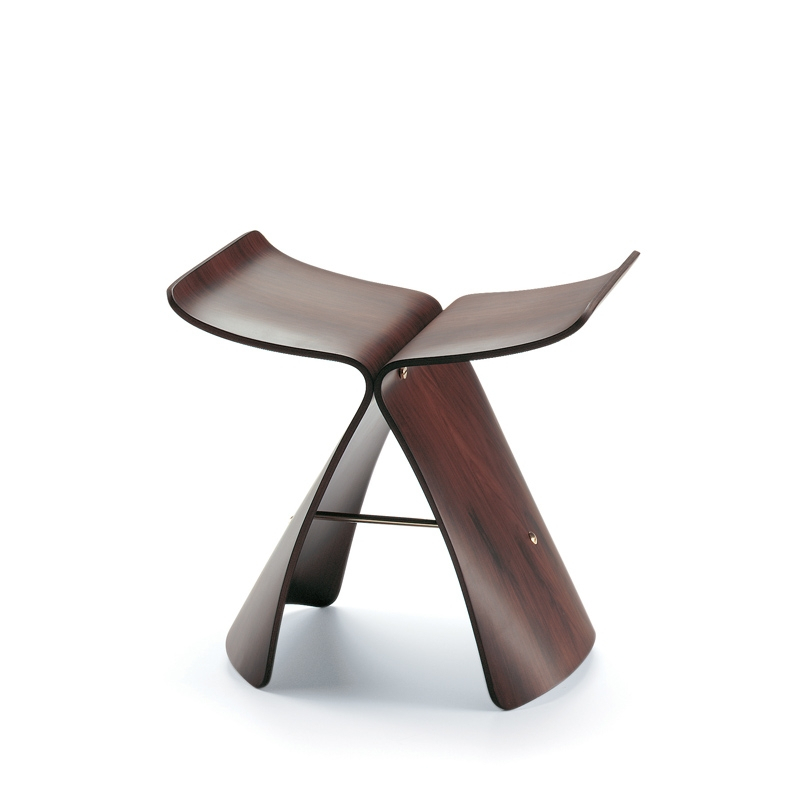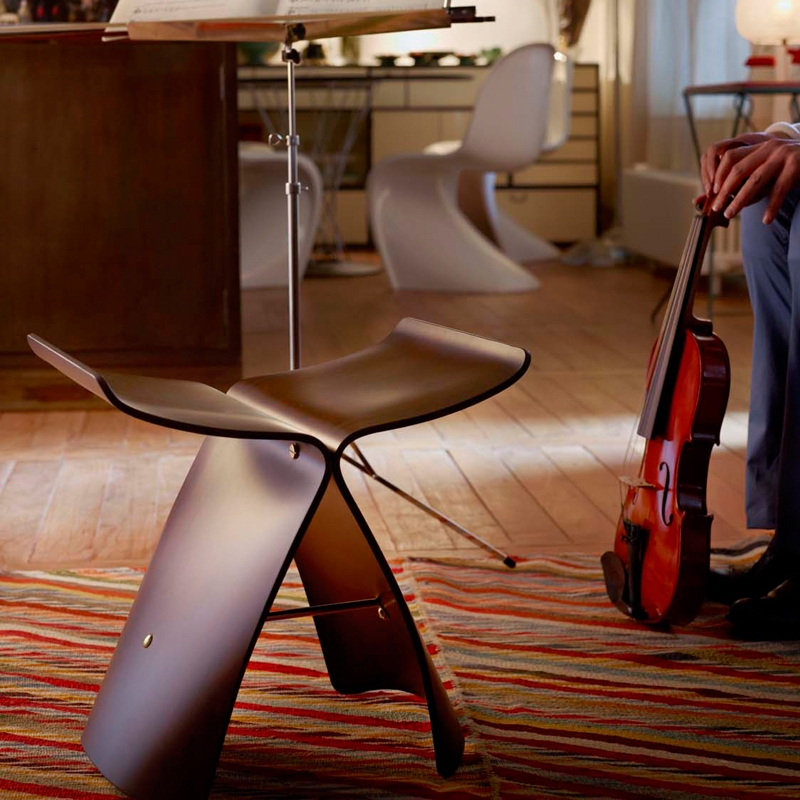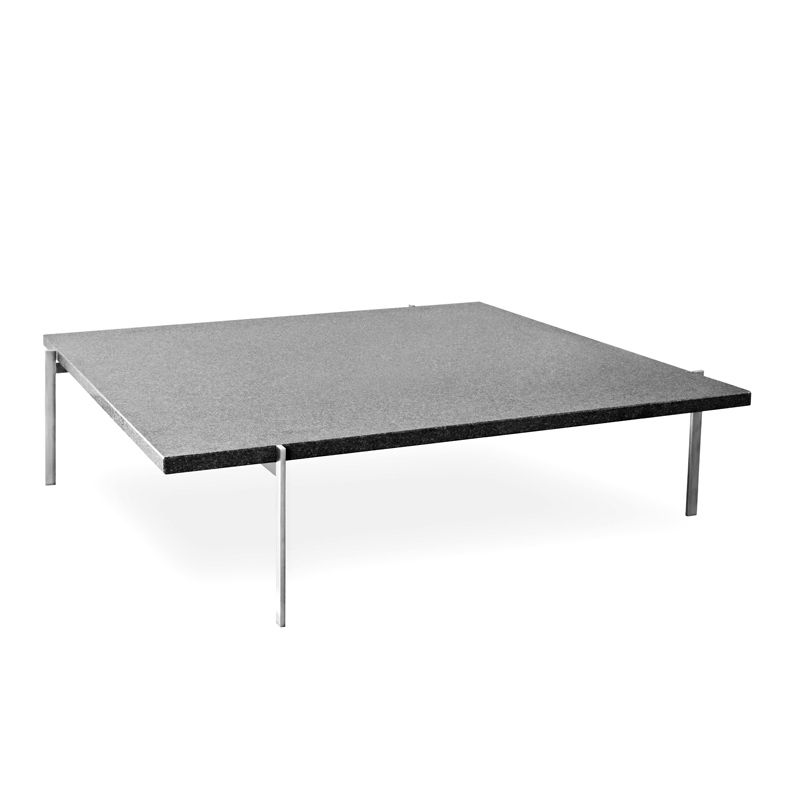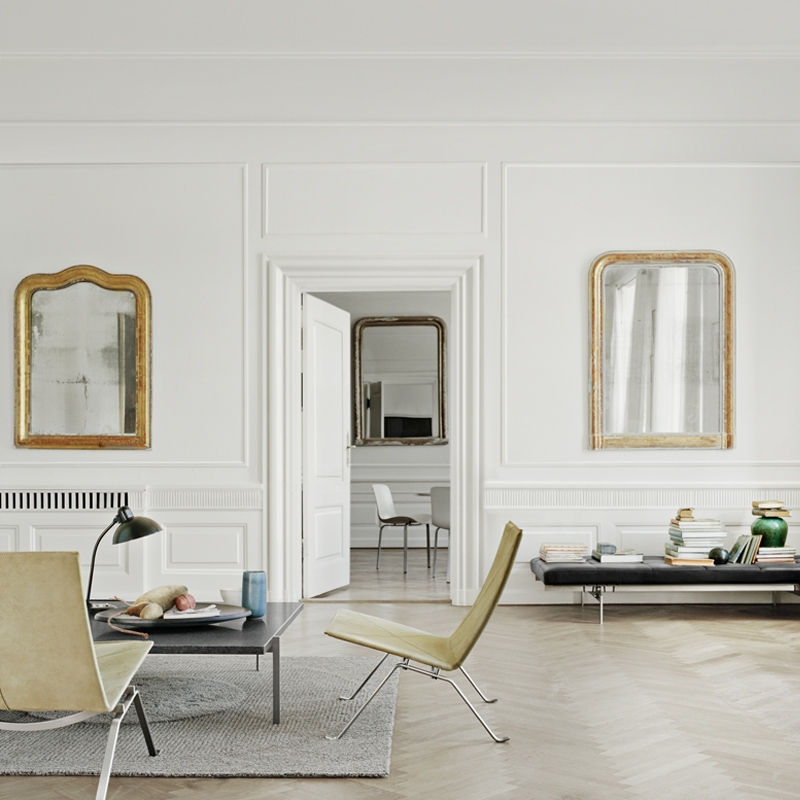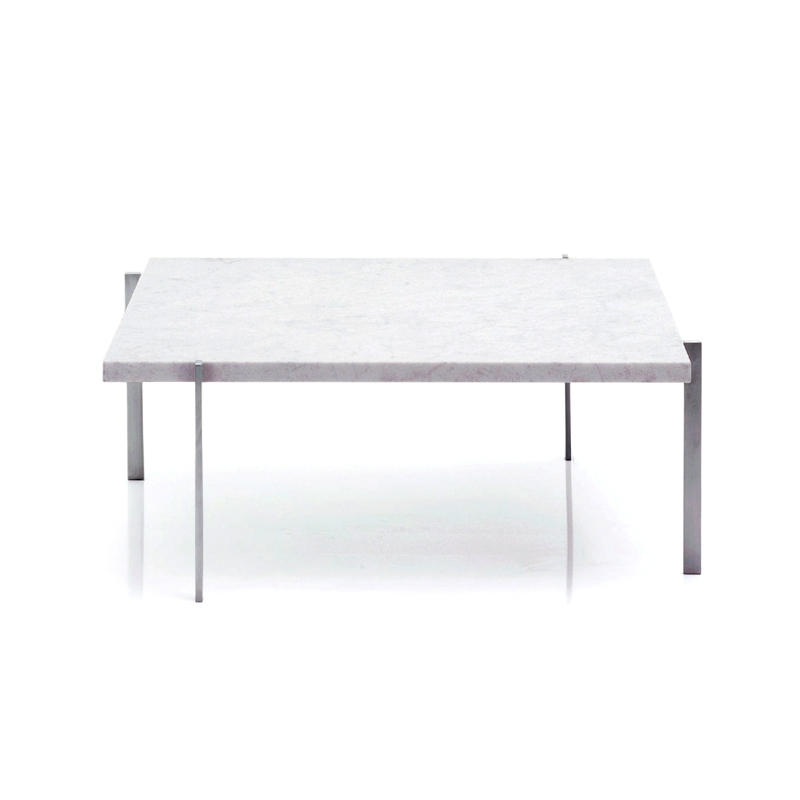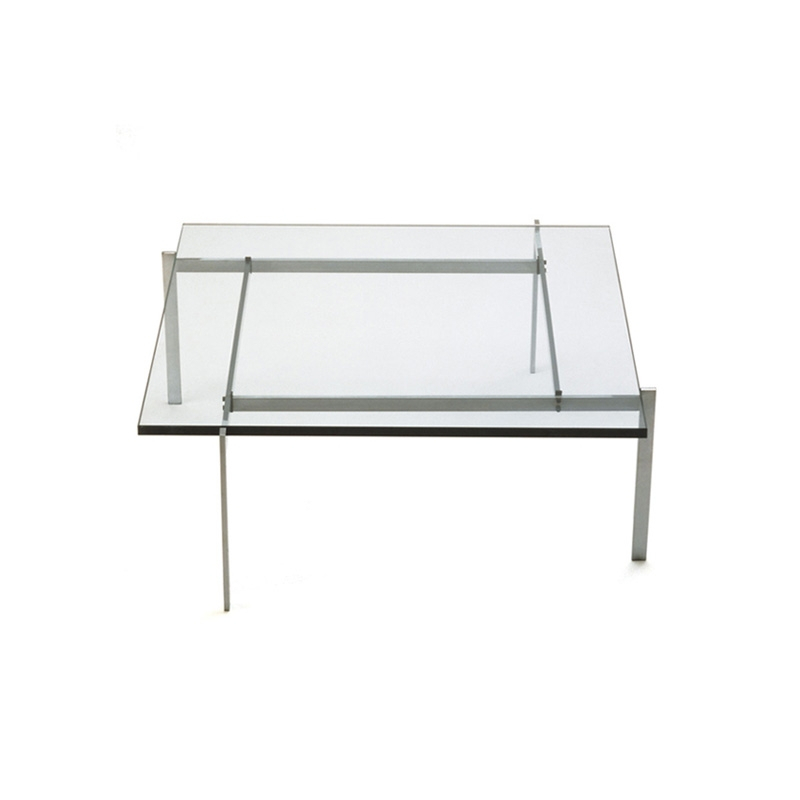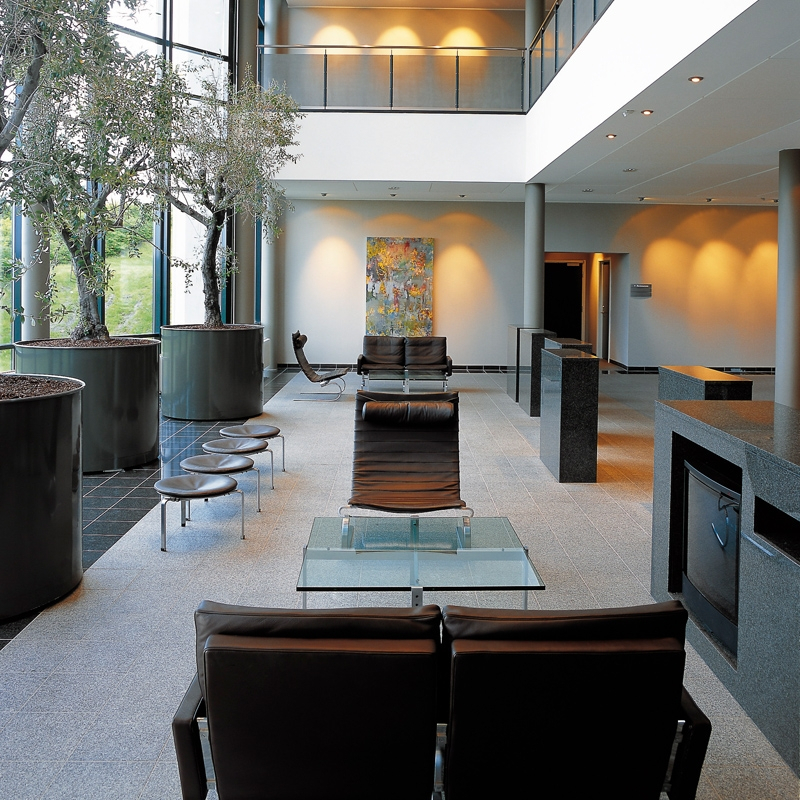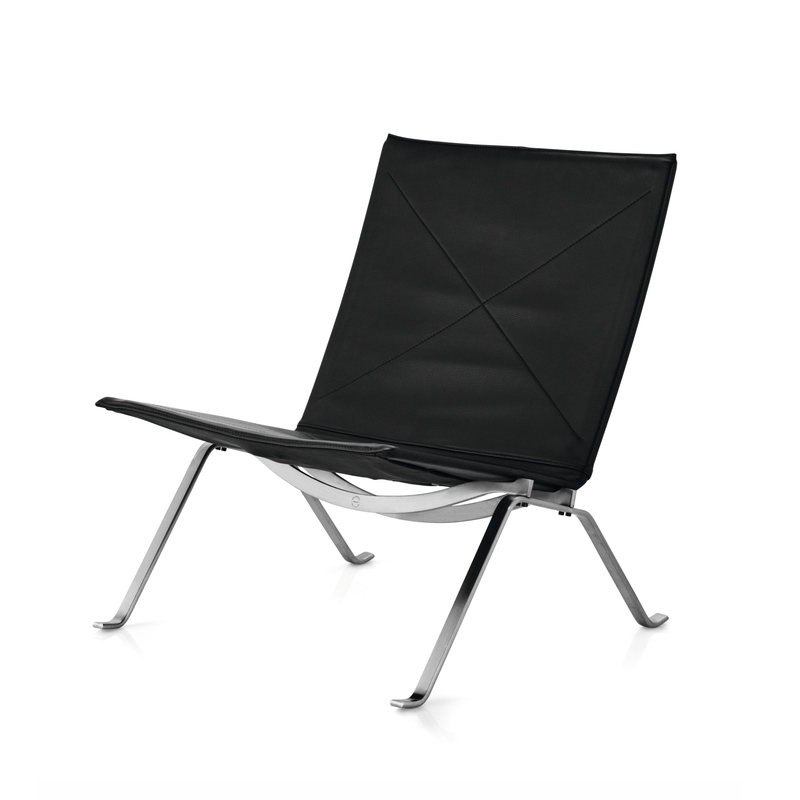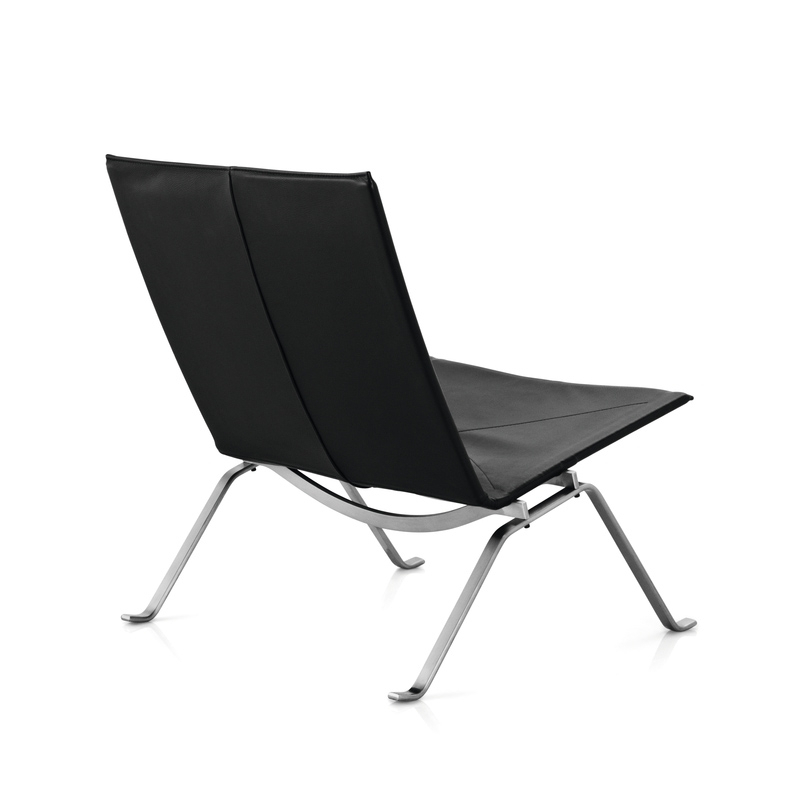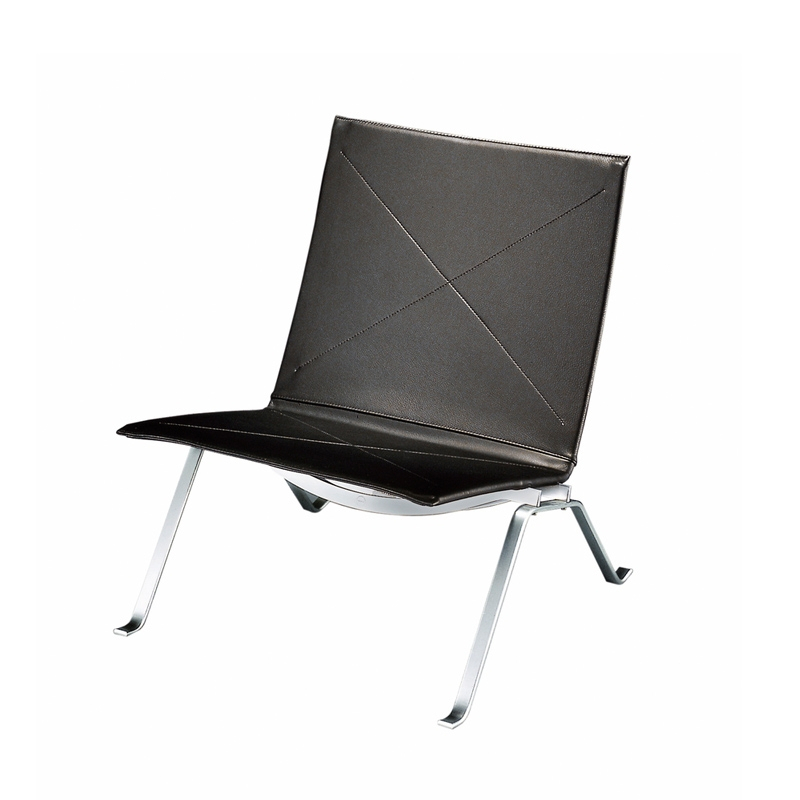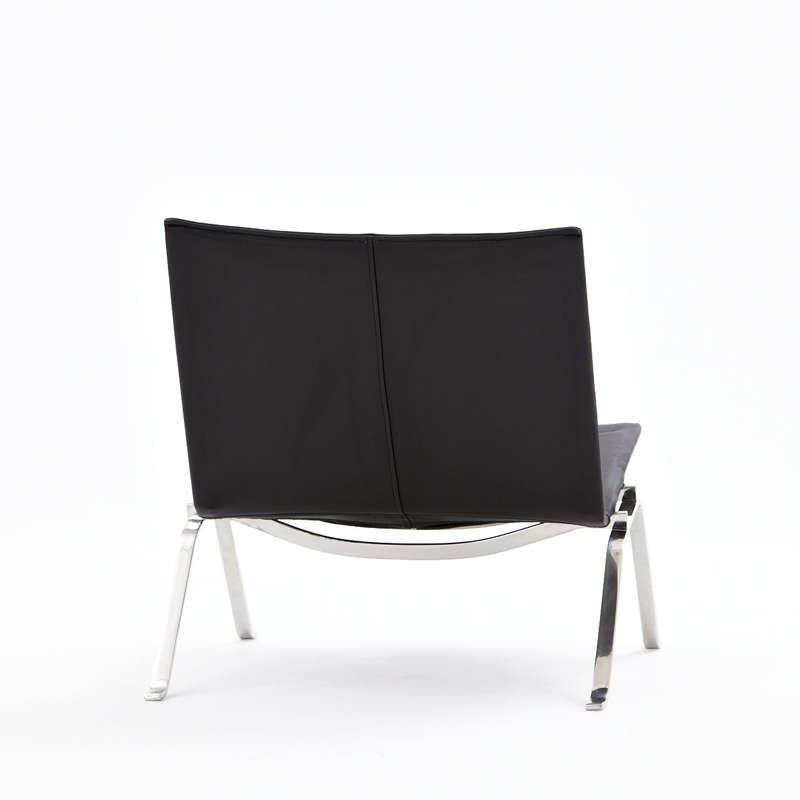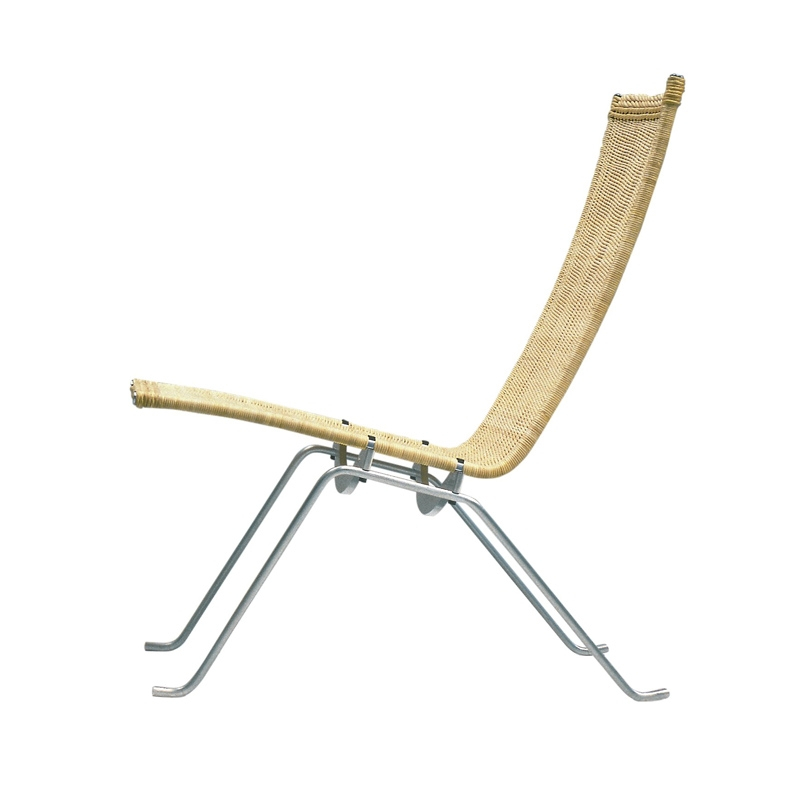- wishlist
-
Cart
Your cart is empty.
menu overlay
menu overlay
Already a customer?
New customer?
Enjoy all the benefits we offer and track your purchases in the order history.
Registermenu overlay
Reset my password
You will receive a link by email to reset your password.
Description
Designed by Poul Kjærholm in 1961, the folding PK91 stool was inspired by the folding stools of ancient Egypt. The designer's approach sought to redefine and simplify historical furniture. This is evidenced by the PK91: a sleek and minimalist stool produced by Fritz Hansen. The stool forms part of the permanent collection at the Röhsska Museum in Sweden. The satin stainless steel base is combined with a black leather or canvas seat.
Color
Toile naturelle
Colour
beige
Material
fabric
Dimensions
l 59cm x D 45cm x H 41cm
Finish
satin brushed stainless steel, canvas
Notice
What you think of it
Delivery Terms
Delivery possible within 48 hours for in-stock products.
You will also like
By the same designer
menu overlay
Quote request
You will receive a response from us within 24/48 hours
Your contact details
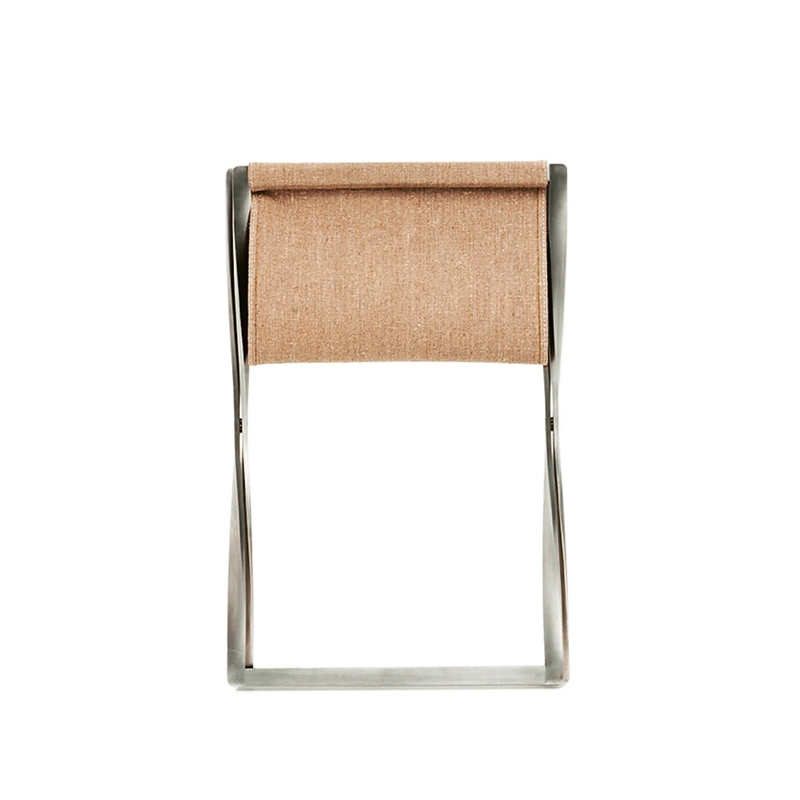
Stool
PK91 Natural canvas
Color :
Toile naturelle
€3,399.00 TTC
€3,399.00 HT
In stock
In stock
€3,399.00 TTC
€3,399.00 HT
Total items :
€3,399.00
Taxes
0 €
Total (VAT incl.)
€3,399.00




